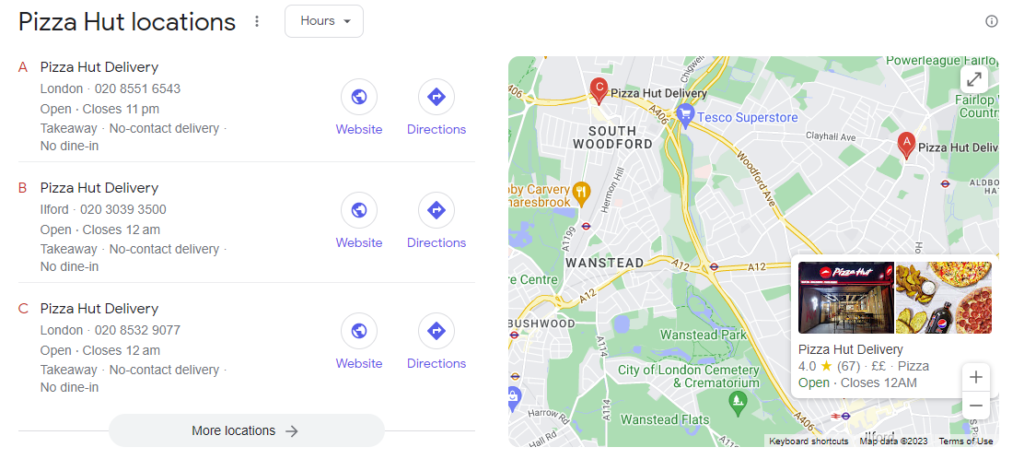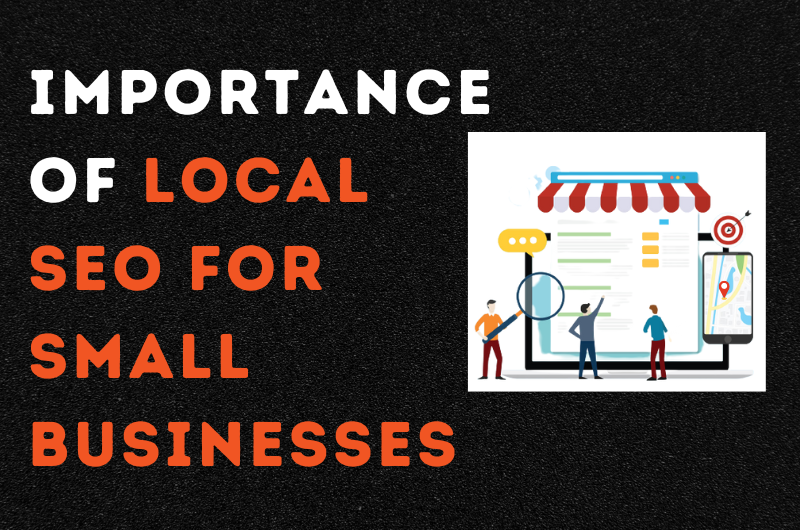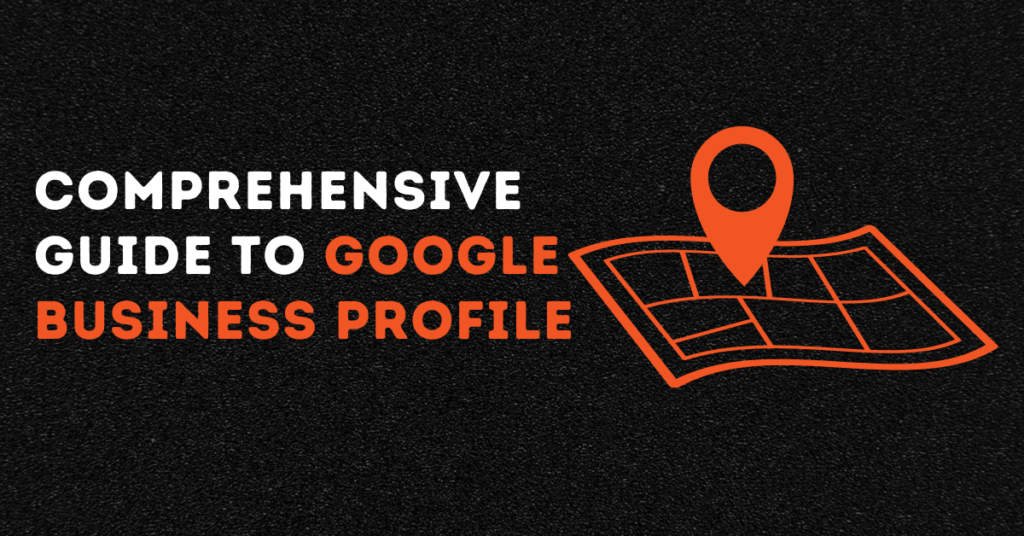Local SEO is the process of enhancing the search engine visibility of a business looking to target a local audience to sell its products or services. According to stats, 46% of all the users on Google are looking for local results. So, what if your business is not optimized for local searches? You will definitely lose near about half of the game before starting your race. You can say that local SEO is the pillar of any business that wants to appear in local results.
Hold tight because we are going to talk about the tactics which will definitely help you to boost your business on the local results. By implementing these tactics, your business will appear among the top search results.
After reading this guide you will have a deeper understanding and revealed secrets about how to rank your business on local searches. Searches for those users who are looking for a local product or service to buy.
What is Local SEO?
Local SEO (Search Engine Optimization) is a process of optimizing a business website and online presence to increase its visibility and ranking for local search results. This means that the focus is on optimizing for keywords and phrases that include the business’s location, such as “pizza delivery in New York City” or “hair salon in Los Angeles.” Sometimes, a user is looking for closer to his location like “pizza huts near me” then the search engine will show the closer Pizza huts to his current location.
So, search engines like Google will show you all the closest pizza Hut businesses located around your location. The goal of local SEO is to make it easier for potential customers to find a business in their local area.
Most of the search engines including Google and all social media platforms prefer local content or services over global content but based on user intent. Search engines can understand what a user is looking for. If its intent is to look for something available closer to his location then it will show businesses near that user’s location.
By using local SEO tactics, any business can rank its products, services, or location pages for those users looking for local businesses.
What are the benefits of Local SEO for Small Businesses?
Local SEO is beneficial for small businesses just like for large businesses but the main thing to consider is it doesn’t need huge efforts like global SEO. Any business with a small team and limited resources can easily manage its local SEO. It definitely needs professional strategies and tactics to manage any business’s local SEO and it takes time too but outcomes are rewarding.
Local SEO helps any small business to enhance its search presence on local results and grab potential customers which maximizes the ROI of that business.
How does Google determine local ranking?
Google uses a variety of factors to determine local ranking, including the relevance, distance, and prominence of a business. Relevance refers to how well a local listing matches a user’s search query. Distance is measured from the location parameter used in the search (e.g. the location of the user’s device, or the location entered as a search query). Prominence refers to how well-known a business is. This can be determined by factors such as the number and quality of reviews, the number of backlinks your particular page has, and the overall online presence of a business.
Google also uses the information and data from the Google My Business account to determine the ranking of a business. Sometimes, a business farther away from the user’s location but closer to the user’s need still might rank in local results.
How to improve your local ranking on Google
The local ranking of any business depends on a variety of factors. By adopting some professional tactics you can rank your business in local results easily. All need your patience and consistency because anything can not be fruitful overnight.
Follow these few local SEO tips to rank your business locally.
1- Optimize for Google My Business
Google my business is the first and most important factor behind your business’s local ranking. First of all, improve your Google Business profile if you still have not claimed your profile must go for that.
How to optimize Google My Business Profile?
Follow these few easy steps to optimize your Google my business profile:
- Verify your business: Verify your business with Google to ensure that your information is accurate and up-to-date.
- Complete your profile: Make sure to fill out all sections of your profile, including your business name, address, phone number, website, and hours of operation.
- Add photos and videos: Add high-quality photos and videos to showcase your business and products/services.
- Get reviews: Encourage your customers to leave reviews on your Google My Business profile.
- Use keywords: Use keywords in your business name, description, and categories that accurately describe your business and will help it show up in relevant search results.
- Respond to reviews: Respond to both positive and negative reviews in a timely manner.
- Keep your information up-to-date: Regularly update your business information, including your hours of operation, phone number, and website.
- Use Google Posts: Use Google Posts to share updates about your business, special offers, and events.
- Utilize Google Insights: Use the data in Google Insights to understand how customers are finding and interacting with your business.
- Use Google’s tools: Use Google’s tools such as Google AdWords Express and Google Analytics to track your business listing and website performance.
2- Engage local audience through social media
Social media is the most powerful and huge platform for the local audience. Most of the audience which interacts with your posts, stories, and status on social media are mostly local audiences. If we just talk about Facebook, there are around 2.96 billion active users per month on Facebook. You can guess the percentage of users around your business who are using Facebook. Those users might be your potential customers if you target them through your business pages.
All other social media like Instagram, Twitter, Linkedin, and many others have millions of active users which present around your business. You can build your communities, pages, and social media groups to engage local users.
3- Add location pages to your website
Location pages are the first signal about your business and where your business is present on the map. These location pages also tell search engines about your location and help them to show your business to the users whose search intent matches your business and is also located near your business.
Businesses without location pages are likely to lose their potential local customers. So, location page ads to the power of a business want to rank locally.
4- Optimize online directories and citations
Online directories and citations are business listing sites that list the business’s name, address, phone number, and other information about your business that can be found by any user present near your business. You can do your business listing on some famous websites like Yelp, Yellow Pages, and Google My Business to rank it on local searches.
Citations are also similar to directories that mention your business’s NAP (name, address, phone number). These online directories and citations help your business to increase its visibility and credibility, making it easier for your potential customers to find them online.
These directories and citations can help to improve your local SEO, which can increase your business’s visibility in search engine results for local searches.
5- Create local Content on your website
Local content refers to text, images, videos, and other types of content that are specific to a particular geographic location. This can include information about local events, news, attractions, and businesses in the area, as well as reviews, maps, and other resources that are relevant to people around your business location.
By including local content on your website, it is more likely that your website will be found by people searching for information that is closer to your business location.
6- Ensure your website is mobile-friendly
A mobile-friendly website is very important for local SEO but why? The reason is quite simple the majority of the users searching for local products or businesses are the majority of mobile users. Imagine, a person traveling somewhere on the road and looking for a restaurant to take some drinks or a fuel station to refill his car is more likely to search by using his mobile phone.
Moreover, users of mobile devices are larger than desktops or laptops. So, a mobile-friendly website plays an important role in ranking your website locally as well as globally.
Final Thoughts
In conclusion, Local SEO is an essential strategy for your business to improve its online visibility and reach potential customers in their local area. It involves optimizing various elements on your website and online profiles such as your business name, address, phone number, reviews, and more to make it easier for search engines to understand your business’s location and relevance to specific keywords.
Moreover, it involves creating and managing local business listings on directories such as Google My Business and Bing Places, as well as building local content on your website. Implementing a well-rounded Local SEO strategy can greatly improve your search engine rankings and drive more targeted traffic to your website, ultimately leading to increased conversions and revenue for your business.
We are here to assist you with our expert knowledge and experience to rank your business on local searches. You can Contact Us at any time, we will help you in your business.



